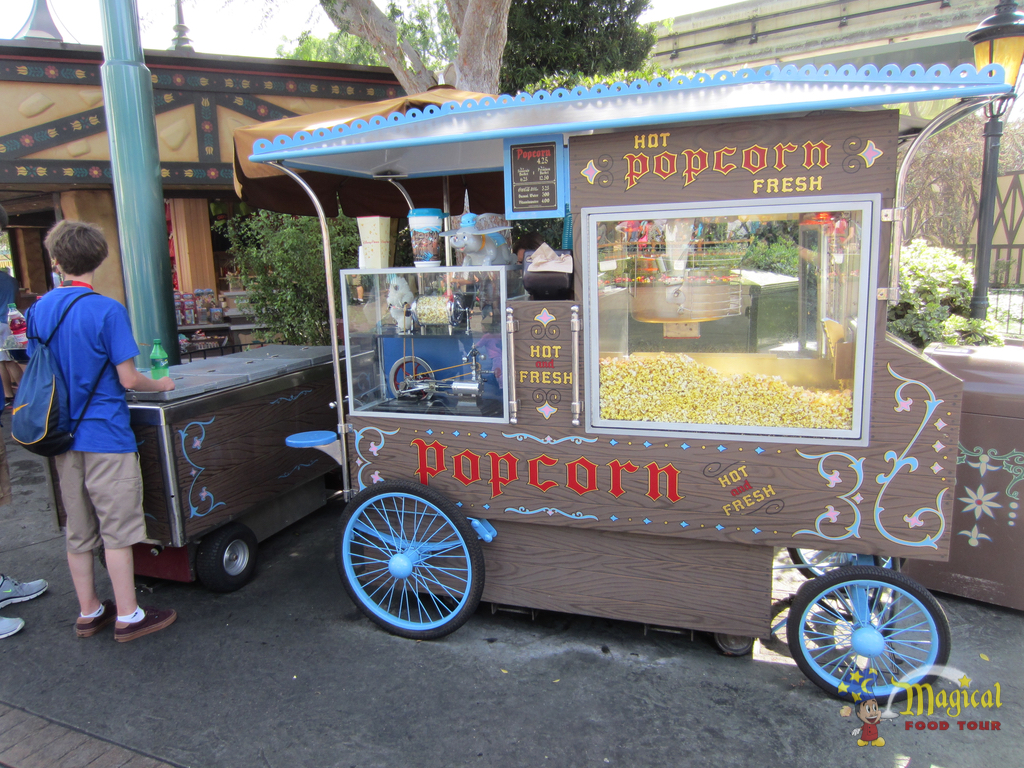How to learn to compose this?
I dont know notations stuff, but can someone explain this...
How one person learns and get the ideas to create track like "Captain Adventure", every few seconds you have new instruments taking up the main melody, what is amazing, and all those slide effects, multi tongue effects.
How to crash barrier between downbeat and get this.
Can someone say some words about this type of writtign and how hard is it to create it in a daw?
This is what i manage to create https://clyp.it/bqibewwn (https://clyp.it/bqibewwn)




